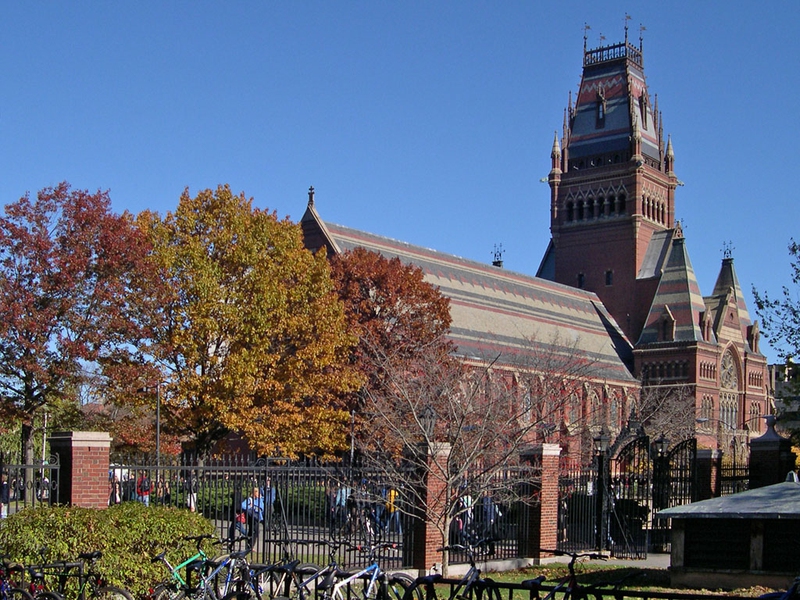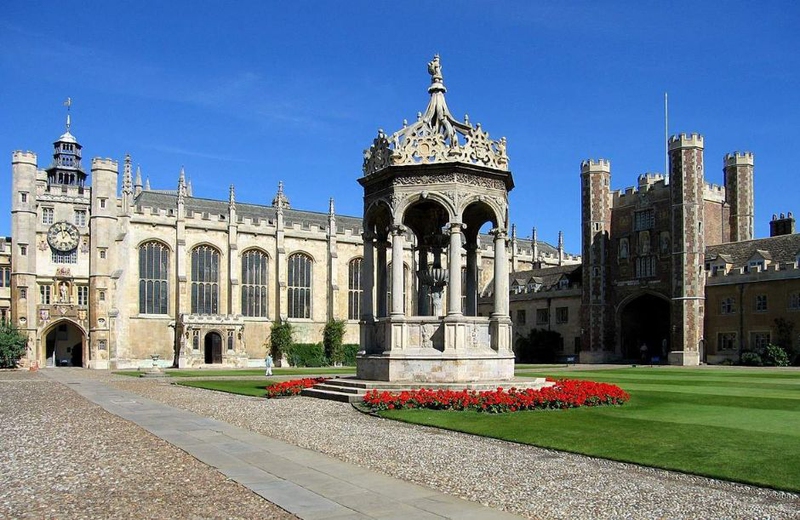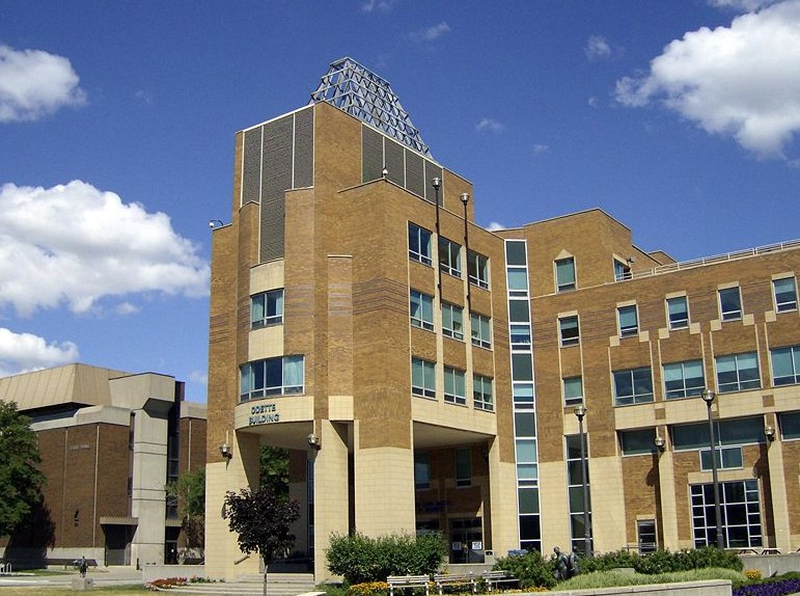Frequently, people use the terms “college” and “university” as if they were synonymous. While similar, they support distinct purposes. As you prepare to advance your education, find out the difference between college and university.

Difference Between College and University in the U.S.
There are differences in each of the areas compared below but some of these disparities are not as significant as others.
Differences | Colleges | Universities |
Degree’s Value | Depending on relevancy of major to the position that you seek, those who graduate can hold a degree that will increase their opportunities and base level pay over high school graduates. | Depending on Level of Degree, regardless of relevancy to position sought, employers favor a University Degree over an equivalent College Degree. Master’s and PHDs result in instant promotions on hiring. |
Degrees Offered | Certificates of Completion Associate Degrees Bachelor Degrees | Bachelor Degrees Master Degrees PHD’s in some areas |
Quality of Facilities | Generally smaller campuses and smaller labs but usually as well-equipped as a University Lab for those courses taught. | Labs are more extensive usually because there are a larger variety of courses offered. Larger campus, wider variety of activities at the University and those sponsored by it, such as sports, guest appearances, concerts. |
Depth of Level of Education | Focus is placed on “what to learn” model. Course and subject oriented, some practical certificates, fewer abstract or theoretical subjects, less opportunity for deep research. | Focus is on the “how to learn” model. Independent research and theoretical concepts are encouraged as they relate to course and subject area. |
Completion Timeline | Course or degree dependant. Certification courses may be as little as 9-months; Associate Degrees generally take 2 years; Bachelor Degrees 4 – 5 years. | Bachelor – Minimum of 4 years Masters – Minimum of 1 additional year PHD – Dependant on topic, research required, Analysis and Writing time of Dissertation – 2 – 6 years. |
Costs | Considerably cheaper than State University and even greater savings over Ivy League Schools. | Generally, more expensive than State College even if the University is part of the State’s system, higher quality of professors and substantially more resources. |
Enrolments | University enrolments may range from 10,000 students in a small university to as much as 50,000 students on larger campuses. | Larger Colleges may have enrolments as high as 5,000 with smaller colleges topping their capacity at 1,000. |
Class Size | The class size for a lecture may be as few as 25 for upper division courses and specialty labs, while lecture halls for lower division (mandatory) courses may seat as many as 500. | Class sizes for lower division courses generally accommodate up to 50 students and smaller classes and labs set-up for 10 students at a time. |
The most significant difference between a university and a college is that as a university student, you are the only one responsible for your learning achievements. In other words, the professor is not concerned about whether or not your work is completed and will not ask or remind you. Tutors guide you to asking the right questions in order to understand.
Difference Between College and University in the U.K.
Difference Between College and University in Canada
There are two distinct ways that “colleges” are referred to in Canada: College (as a stand-alone word) and “University College” (as a combination term).
The first indicates schools of studies after graduation from high school that specialize in third-level scientific studies (still less than studies at a university) as well as technical, artistic or vocational studies. These colleges issue diplomas and certificates of completion but cannot issue degrees.
The second, which is found in some provinces of Canada, denotes extensive education at the university level and is allowed to issue an undergraduate degree as well as certificates of completion.
The term “university” is protected by federal law in Canada and cannot be used without permission of the government.
Difference Between College and University in Australia
In Australia, the term University is reserved for upper division educational institutions that are empowered to issue Bachelor degrees or better. Similar to Canada, colleges are facilities that offer specific education after a high school diploma is achieved.
Borrowing from the U.K., colleges are often specialty schools operating within a university rather than a separate degree issuing institute that is located somewhere else. Also, like the U.K., some divisions that provide student services are referred to as colleges. Usually, educational institutions that offer certificates, theological schools or diplomas for university preparation call themselves colleges, institutes or faculties.
The exception to all of these descriptions is found in Tasmania where colleges refer to the last two years of high school.
Which One to Choose
When it comes to choosing between attending a college or a university, you are alone in making that final decision. While you may have many other factors to weigh, understanding the distinction between the two will help you choose the better model of learning for yourself.
Some of the major distinctions include the degree that you wish to ultimately acquire, if you naturally learn on your own and what position in the workforce you wish to achieve. Since most colleges offer short courses and certificates of completion rather than degrees, many employers prefer university graduates who have proven that they have the tenacity to achieve their goals.The final factor – and the one that may shift the tide one way or the other – is how much you can afford to pay for your education.











View All Comments /Add Comment